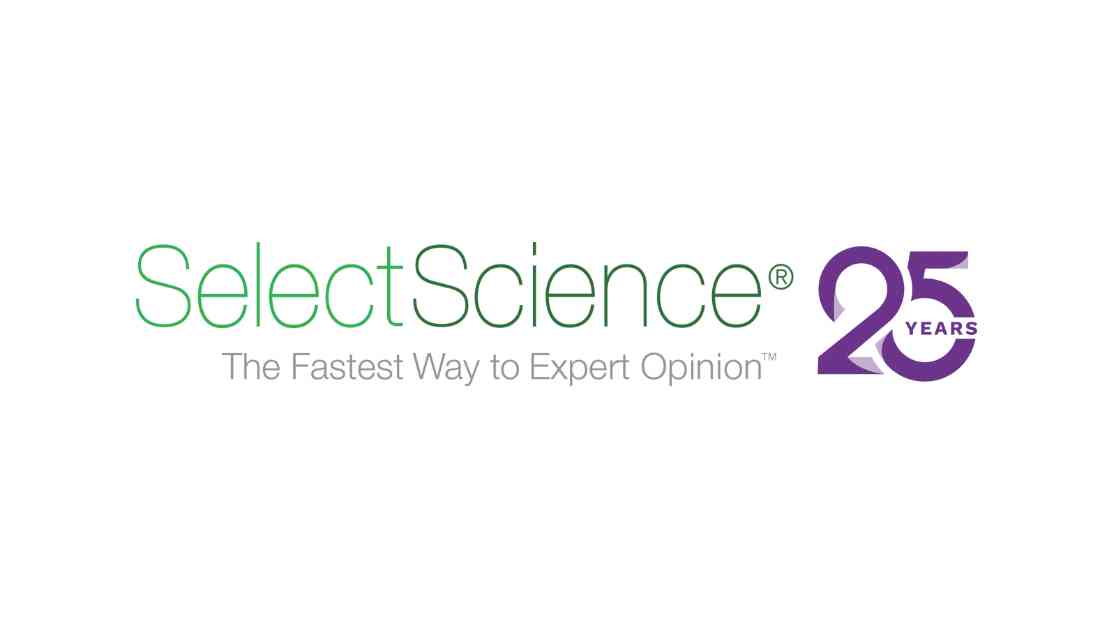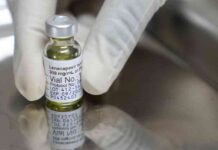Per- and polyfluoroalkyl substances (PFAS) have been a growing concern in recent years due to their persistence in the environment and potential harmful impacts on human health. These chemicals, commonly found in products like food packaging, are highly resistant to degradation, leading to their accumulation in water, soil, and air. As the need for accurate and efficient testing solutions for PFAS continues to rise, companies like GL Sciences, Inc. have developed comprehensive workflows and product suggestions to aid in measuring these substances effectively.
The Importance of PFAS Testing
The presence of PFAS in the environment poses a significant threat to both human health and the ecosystem. These substances have been linked to a range of health issues, including cancer, immune system disorders, and developmental delays. Additionally, PFAS can bioaccumulate in the food chain, leading to potential exposure through the consumption of contaminated water or food products. In order to mitigate these risks, it is essential to have reliable testing methods in place to accurately monitor and assess the levels of PFAS in various environmental samples.
GL Sciences, Inc. Workflow and Product Suggestions
GL Sciences, Inc. offers a comprehensive workflow for conducting PFAS measurements, along with a range of products designed specifically for this purpose. Their workflow includes various operational methods for testing PFAS in water, soil, and air, ensuring that users have the flexibility to choose the most suitable approach for their specific needs. Additionally, GL Sciences, Inc. provides a lineup of high-quality products, such as analytical standards, extraction cartridges, and chromatography columns, to support accurate and reliable PFAS testing.
One of the key components of GL Sciences, Inc.’s testing solutions is their analytical standards, which are essential for calibrating instruments and validating results. These standards are meticulously prepared to ensure accuracy and consistency in PFAS measurements, allowing users to confidently interpret their data with confidence. In addition to analytical standards, GL Sciences, Inc. offers a range of extraction cartridges for isolating PFAS from various sample matrices, as well as chromatography columns for separating and analyzing these substances with precision.
Operational Methods for PFAS Testing
When it comes to testing for PFAS, there are several operational methods that can be employed, depending on the type of sample being analyzed and the specific goals of the testing. For water samples, solid-phase extraction (SPE) is commonly used to extract PFAS from the water matrix, followed by analysis using liquid chromatography-mass spectrometry (LC-MS). This method allows for the detection and quantification of a wide range of PFAS compounds in water samples, providing valuable information on the extent of contamination.
For soil samples, extraction techniques such as accelerated solvent extraction (ASE) or microwave-assisted extraction (MAE) are often employed to isolate PFAS from the soil matrix. Once extracted, the PFAS can be analyzed using techniques like gas chromatography-mass spectrometry (GC-MS) or high-performance liquid chromatography (HPLC), allowing for the identification and quantification of these substances in soil samples.
In the case of air samples, active sampling methods using sorbent tubes or filters are typically used to collect airborne PFAS compounds. The collected samples can then be analyzed using thermal desorption-gas chromatography-mass spectrometry (TD-GC-MS) or other analytical techniques to determine the levels of PFAS present in the air. By employing these operational methods, researchers and environmental professionals can effectively monitor and assess the presence of PFAS in different environmental media, helping to inform decision-making and risk management strategies.
In conclusion, PFAS testing is a critical component of environmental monitoring and risk assessment efforts, and having access to reliable testing solutions is essential for ensuring accurate and consistent results. GL Sciences, Inc. offers a comprehensive range of products and workflows for conducting PFAS measurements, providing users with the tools they need to effectively monitor and analyze these substances in water, soil, and air samples. By utilizing these testing solutions, researchers and environmental professionals can better understand the extent of PFAS contamination in the environment and take proactive steps to protect human health and the ecosystem.






















